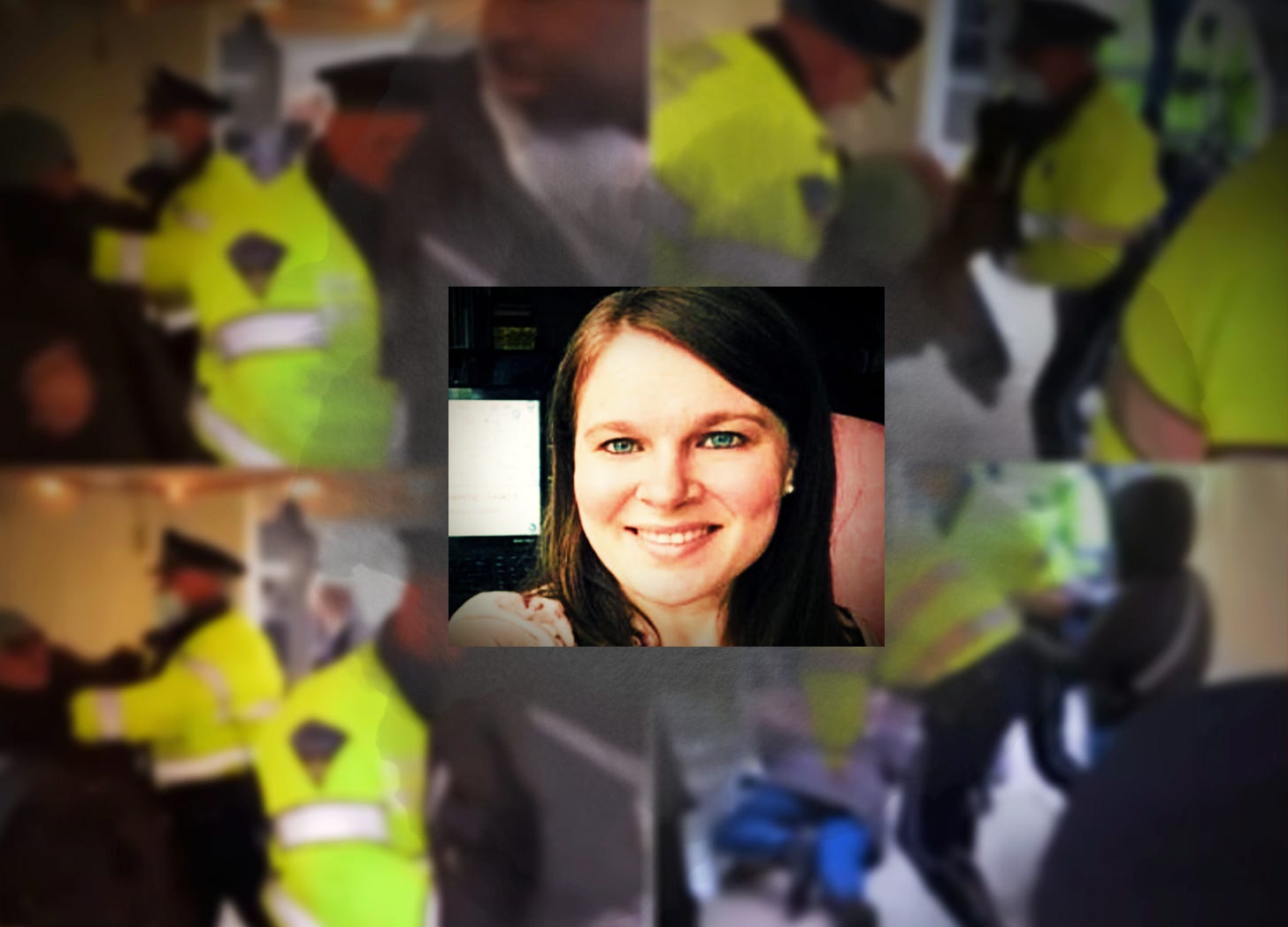Michelle Efendi's Prolonged Battle: A Story of Perseverance Amidst Constitutional Rights Violations
In a nation valuing "liberty and justice for all," Efendi's story starkly reminds us of the vigilance needed to protect these ideals from complacency and convenience.
In the heart of Massachusetts, where the rhythm of daily life collides with the solemn march of civic duty, stood Michelle Efendi. She can no longer just be considered another figure in the crowd, but rather a true symbol of a protracted and arduous struggle against what many would perceive as stark violations of her constitutional rights. As an outspok…




